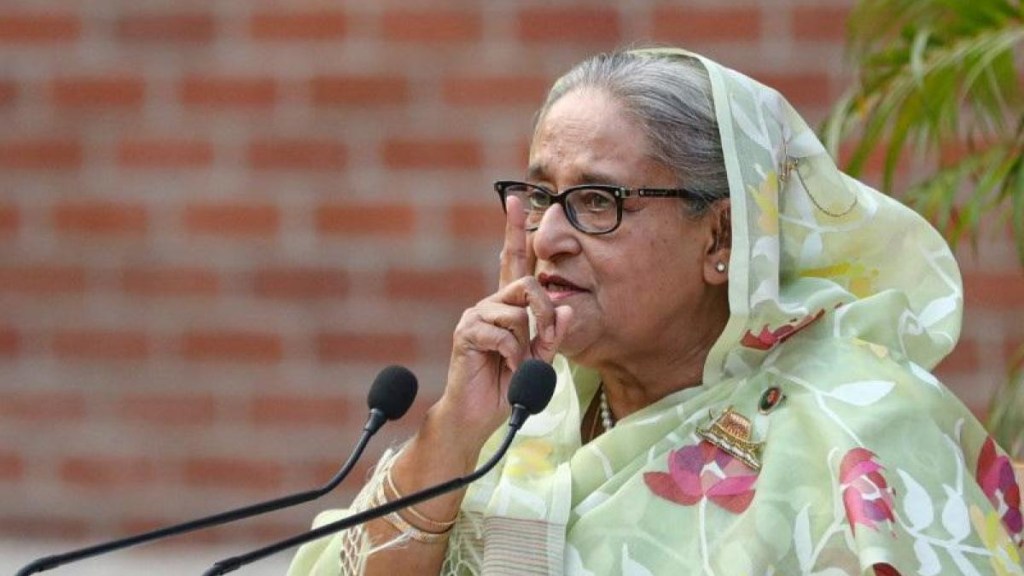Bangladesh’s interim government has officially sought the extradition of former Prime Minister Sheikh Hasina from India, further escalating tensions between the two nations. Bangladesh on Monday sent a note verbale — a formal diplomatic communication — to New Delhi requesting Hasina’s return to face “judicial proceedings” in her home country. Confirming receipt of the request, India’s Ministry of External Affairs stated, “We confirm that we have received a Note Verbale from the Bangladesh High Commission today in connection with an extradition request.” However, India refrained from making further comments.
What has happened so far?
The 77-year-old Hasina fled Bangladesh on August 5 following a massive student-led protest that toppled her 16-year regime. The International Crimes Tribunal (ICT) in Bangladesh has since issued arrest warrants against Hasina and several of her former Cabinet ministers, advisers and officials for alleged “crimes against humanity and genocide”.
Interim Foreign Minister Touhid Hossain confirmed the government’s intent, saying, “We have sent a note verbale to the Indian government saying that Bangladesh wants her back here for the judicial process.”
The interim administration, led by Chief Adviser Muhammad Yunus, assumed office on August 8 and has maintained a firm stance on bringing Hasina to justice. Yunus had earlier accused the ousted leader of overseeing the deaths of approximately 1,500 people during the protests, with nearly 20,000 others injured.
What does India-Bangladesh extradition treaty say?
The extradition request is being processed under the provisions of the existing India-Bangladesh extradition treaty. However, the treaty allows for refusal if the alleged offence is deemed to be of a “political character”. Additionally, it mandates that extradition can only occur if the convicted person is sentenced to imprisonment or detention for at least four months.
Bangladeshi Home Adviser Jahangir Alam expressed confidence in the treaty’s provisions, saying, “The process is currently underway,” while highlighting the interim government’s determination to bring Hasina back.
Strained bilateral relations
The extradition request comes at a time when India-Bangladesh relations are already under strain. New Delhi has expressed growing concerns over a spate of attacks on minorities, particularly Hindus, in Bangladesh since Hasina’s ouster.
Foreign Secretary Vikram Misri visited Dhaka two weeks ago, where he conveyed India’s concerns regarding the safety and welfare of minorities. The Yunus-led interim government has been criticised by Hasina and others for failing to protect these vulnerable communities.
In recent weeks, Hasina, speaking from India, accused the interim government of committing “genocide” and undermining minority rights. Her remarks have drawn criticism from Dhaka, with Yunus calling them an “unfriendly gesture” and urging her to remain silent until an official request for her extradition is processed.
“If India wants to keep her until the time Bangladesh (government) wants her back, the condition would be that she has to keep quiet,” Yunus said in September.
The extradition request has sparked debates over its political implications. Law Adviser Asif Nazrul previously warned of strong protests if India invoked treaty provisions to deny Hasina’s extradition.
The interim government’s push to bring Hasina back is seen as a significant step in its efforts to establish accountability for the alleged atrocities under her regime. However, critics argue that the move could deepen the divide between the two countries, particularly if New Delhi chooses to shield the former leader.

